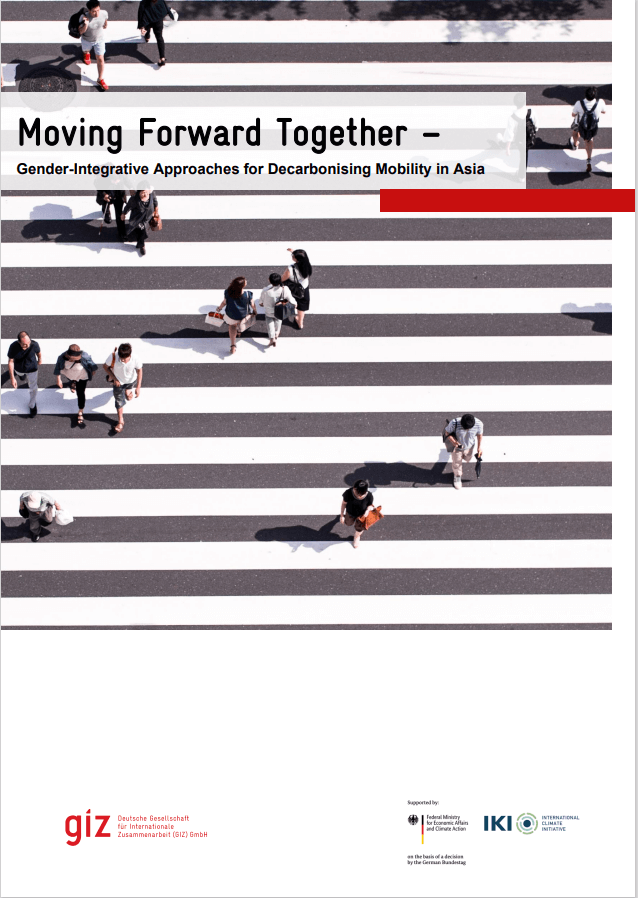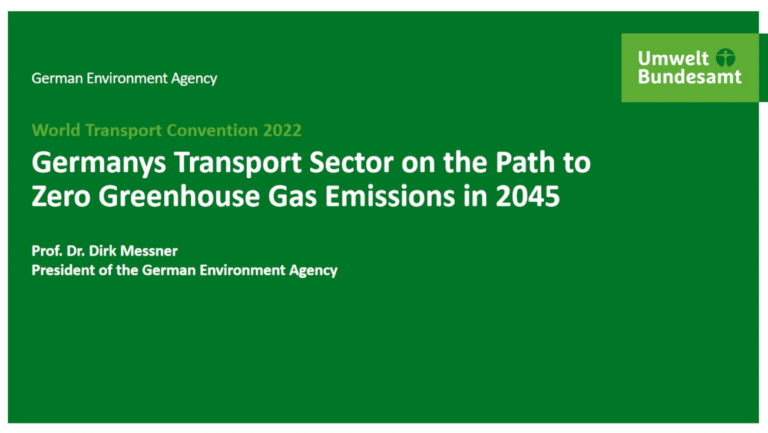The advancements in information and communication technologies (ICT) have unlocked new opportunities for innovative urban mobility services. Smartphone-based Mobility-on-Demand (MoD) services such as ride-hailing, dockless bike-sharing or car-sharing have exploded in China on a scale that is incomparable to any other country. For example, in 2019, the number of average ride-hailing orders in China was over 21 million per day and there were about 400 million registered shared bike users.
With the aim to systematically analyze the status of MoD development in China and layout the institutional foundations for the creation of a sustainable and climate-friendly MaaS ecosystem, the Sino-German Cooperation on Low Carbon Transport (CLCT) project of the Deutsche Gesellschaft für Internationale Zusammenarbeit (GIZ) GmbH and the China Academy of Transportation Sciences (CATS)of the Ministry of Transport of the People’s Republic of China (MoT) conducted the study “From ‘Mobility-on demand’ to ‘Mobility-as-a Service’: Promoting China’s Transition Towards Sustainable Transport Integration” from 2020 to 2022.
The study collected first-hand data through interviews and surveys with local transport authorities, public transport service providers, MoD Service provider in the Greater Bay Area (GBA) of China (including the urban agglomeration as well as the city of Guangzhou, Shenzhen, and Foshan) and the city of Beijing. While “MaaS” has appeared in central and local policies and regulations in China, it has not yet been clearly defined. In this study, MaaS is regarded as mobility distribution service that integrates multiple modes of transport into a unified service system and platform based on the understanding of customer’s travel needs. To provide benchmarking to China’s MoD and Maas development, the study refers to the six level of Maas travel service integration proposed by Jack Opiola in 2018, summarises 25 MaaS programs worldwide, and analyses some of their main features. It analyses the market development of MoD, current policies and stakeholders for MoD and MaaS development in China. In addition, it analysed five cases of MaaS exploration based on field investigation in Chinese cities including Shenzhen, Foshan, Guangzhou, and Beijing.





